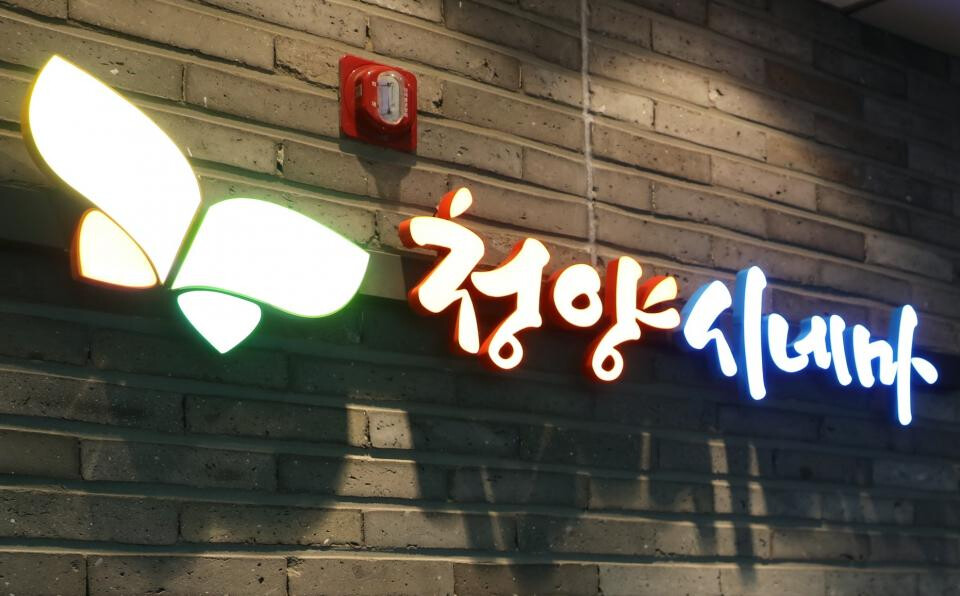
Jangsu, South Korea – While city dwellers can easily enjoy the latest films, rural residents often have to travel long distances to watch a movie. However, the emergence of small, community-oriented cinemas is changing that.
In Jangsu County, North Jeolla Province, the Hannuri Cinema has become a beloved local hub since its opening in 2010. Located in a rural area with a population of just 20,000, the cinema offers residents a convenient and affordable option to watch films.
“Before the cinema opened, we had to drive for over an hour to watch a movie in a larger city,” said Kim Won-gang, a local resident. “Now, we can watch the latest films at a fraction of the cost, right here in our own town.”
The cinema offers two screening rooms with a total capacity of 90 seats. It shows films daily, except Mondays and Tuesdays, from 1 PM to 10 PM. Ticket prices are significantly lower than those at large multiplex cinemas, with 2D films costing 7,000 won and 3D films costing 9,000 won.
Noh Hae-jin, the manager of Hannuri Cinema, said, “On weekends and holidays, we usually have around 100 visitors. On weekdays, we see fewer visitors unless there are group bookings from kindergartens or senior centers.”
The success of Hannuri Cinema has inspired other regions in North Jeolla Province to establish their own small cinemas. There are now nine small cinemas in the province, including in Kimje, Wanju, Jinan, Muju, Imsil, Sunsang, Gochang, and Buan. As of October, there are 71 small cinemas nationwide.
According to a 2020 manual on the establishment and operation of small cinemas published by the Korean Film Council, the primary objective of these cinemas is to bridge the gap in film access between urban and rural areas and improve the quality of life for rural residents.
These small cinemas have been praised for significantly improving the cultural satisfaction of rural residents who previously had limited access to film screenings. Residents can now enjoy new releases in a relaxed setting and use the cinema as a community gathering place.
While Hannuri Cinema has not yet turned a profit, it has become a valuable cultural asset for the community. “Thanks to the small cinema, Jangsu County, which used to be a culturally isolated area, has been able to narrow the cultural gap with other regions and serve as a cultural gathering place,” said Lee Ye-seul, an official at Jangsu County. "We will continue to strive to make it easier for rural residents to access visual culture."
[Copyright (c) Global Economic Times. All Rights Reserved.]






























